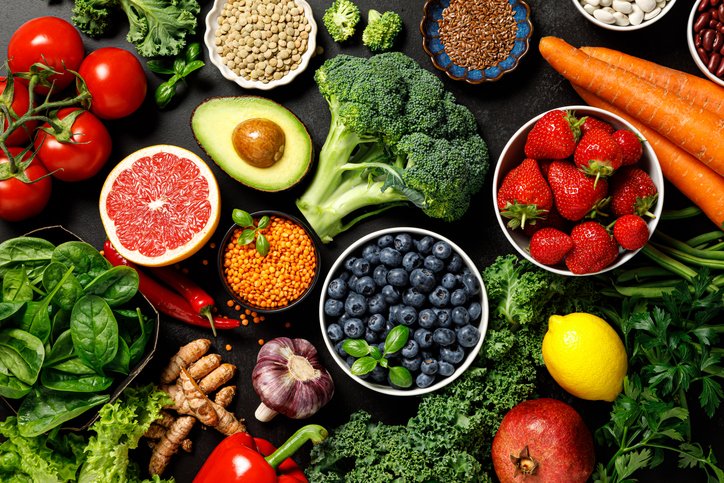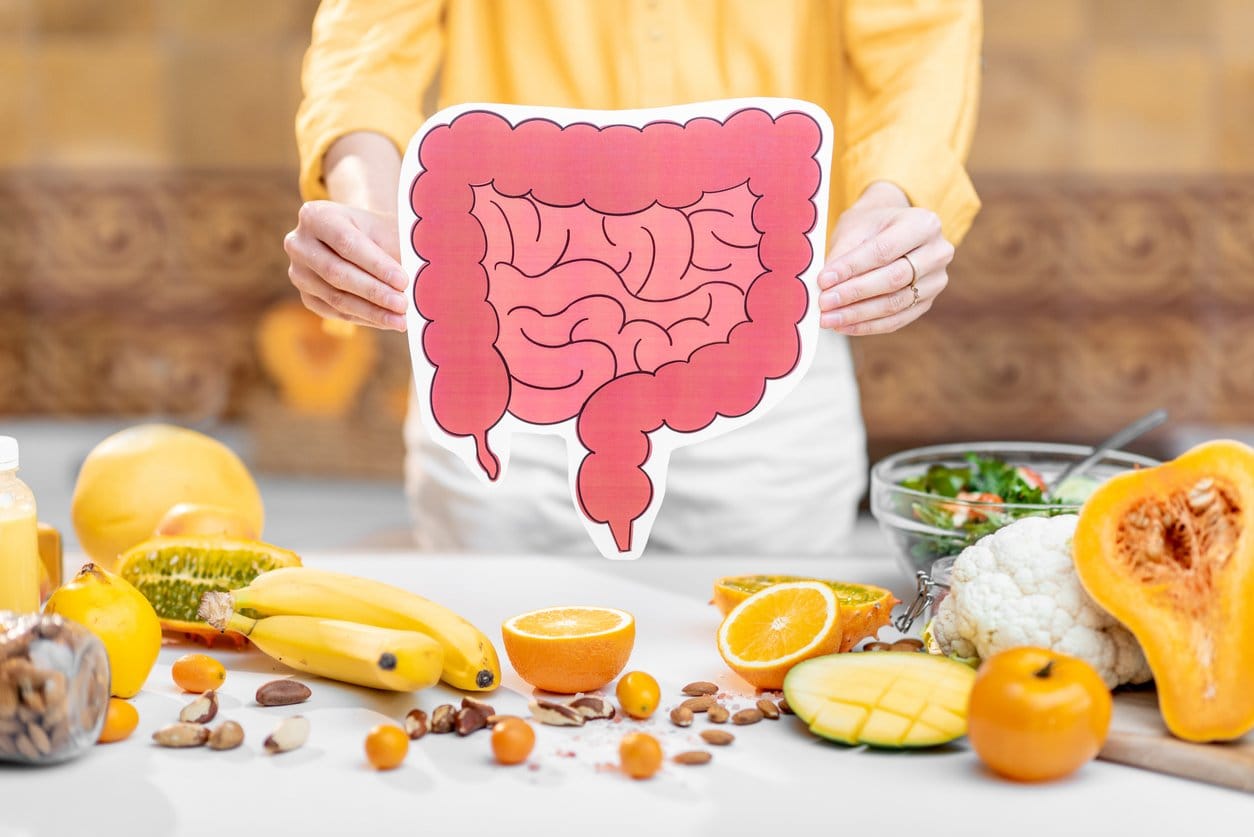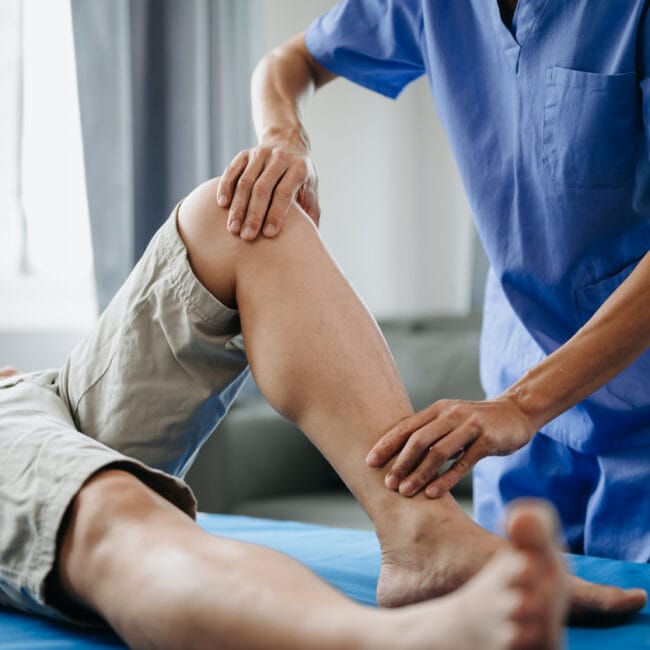Bowel or colorectal cancer affects thousands of individuals every year. According to the 2023 National Cancer Registry of Ireland (NCRI) report, 2,560 men and women are diagnosed with bowel cancer in Ireland every year, (1,466 men and 1,093 women). It is the second most common cancer in men in Ireland and the third most common cancer in women.
The causes of most cases of bowel cancer are still unknown but one crucial aspect of prevention lies in nurturing bowel health through proper nutrition. In this blog post, we’ll delve into the importance of nutrition for bowel health and explore dietary changes to reduce the risk of bowel cancer.
Understanding Bowel Health
The large bowel, also known as the colon, plays a vital role in our digestive system, absorbing nutrients and water while eliminating waste products from the body. Maintaining a healthy bowel is not only essential for overall wellbeing, but can also significantly reduce the risk of developing bowel cancer. Poor dietary choices, such as consuming high-fat, low-fiber foods, can contribute to bowel disorders and increase the likelihood of developing cancerous cells.
Key Nutrients for Bowel Health
Fibre
A diet high in fibre is crucial for bowel health and has been proven to significantly reduce the risk of bowel cancer. Fibre bulks up and softens the stool, aiding regular and healthy bowel movements and preventing constipation. Fibre sources include fruit, vegetables, whole grains, legumes, and nuts. Easy ways to increase fibre may be as simple as meals like beans on whole meal toast, brown pasta rather than white, and adding beans, peas, lentils to curries, soups or casseroles.
Fruit & Vegetables
Fruit and vegetables are packed full of a variety of vitamins, minerals, and antioxidants that support bowel health. Aim to include lots of different fruits and vegetables in the diet to ensure you are getting the full range of vitamins and minerals. Aim for a rainbow of colours- Think leafy greens, berries, citrus fruits, carrots, and bell peppers.
Whole Grains
Whole grains including oats, brown bread, brown rice, quinoa, and brown pasta are rich in fibre, vitamins, and minerals. They help maintain bowel regularity and contribute to overall digestive health.
Lean & plant-based protein
Including lean protein sources such as chicken, fish, eggs, tofu, and legumes are excellent sources of protein in the diet and naturally lower in saturated fat.
Healthy Fats
Prioritise sources of healthy, unsaturated fats in the diet such as nuts, seeds, avocados, and olive oil, to support bowel health and reduce inflammation.

Dietary Strategies for Bowel Cancer Prevention
In addition to incorporating bowel-friendly nutrients into your diet, there are several dietary strategies that can help reduce the risk of bowel cancer:
Reduce Red & Processed Meat
Red meat is a good source of protein and essential nutrients and can form part of a healthy balanced diet but eating too much red and/or processed meat such as sausages, bacon and salami has been linked to an increased risk of bowel cancer. The WCRF recommend limiting red meat to less 3 portions per week which is the equivalent to 350-500g cooked weight/week, (or 525-750 raw weight/week). A medium steak is about 145g cooked weight and 3 slices of roast. beef/pork is about 90g cooked weight. Try opting for lean and plant based protein sources instead – beans and pulses, eggs, fish, white meat and have some meat free days.
Drink Enough Water
Staying hydrated is essential for maintaining bowel health and regular bowel movements. Drink plenty of water throughout the day to keep your digestive system functioning optimally.
Exercise Regularly
Getting regular exercise is very important for all aspects of our physical and mental health, and it can also help to lower bowel cancer risk. Aim to do at least 30 minutes of moderate physical activity five times a week. The more active you are, the more you lower the risk of bowel cancer.
Reduce Alcohol & Avoid Smoking
Excessive alcohol intake and smoking can increase the risk of bowel cancer. Limit alcohol consumption and avoid smoking to protect your bowel health. The recommended safe limits is 11 standard units for a woman and 17 standard drinks for a male with 2-3 alcohol free days .
A standard drink in Ireland looks like:
A pub measure of spirits (35.5ml)
A small glass of wine (12.5% volume)
A half pint of normal beer (285ml)
An alcopop (275ml bottle)
Maintain a Healthy Weight
Keeping a healthy weight not only cuts your risk of bowel cancer, but could also reduce your risk of other types of cancer too. It is important to remember restrictive diets make it much more difficult to help people lose weight in the long term. The best way to lose weight (and most sustainable way) is by making small changes to your daily life that you can stick to. Checking in with a Dietitian to do a full dietary and lifestyle assessment can empower you to better understand nutrition to support weight loss.
Get Regular Screenings
Regular check-ups and screenings for diseases such as bowel cancer can help with early detection, which is when it is most treatable. Talk to your GP healthcare provider about the recommended guidelines for screening based on your age and risk factors.

Bowel Cancer Screening
Bowel cancer screening is used to detect cancer in people who have no symptoms. Screening helps to detect bowel cancer at an early stage when there is a much better chance of treating it successfully.
About the BowelScreen screening programme (HSE)
BowelScreen, the national bowel screening programme, sends people in the 59- to 69-year-old age group a letter asking them to take part in the bowel screening programme. Men and women who are called for screening and who are willing to take part in the screening programme are sent a home test kit called FIT (Faecal Immunochemical Test) in the post.
This test is carried out by the person in their own home. The easy-to-use test kit will include step-by-step instructions for completing the test and sending the samples by Freepost to a laboratory. In the lab the sample will be tested for the presence of blood.
The test results are expected to be normal for more than 9 in 10 people. These people will be invited for routine screening again in two years.
About 5 in 100 people will receive an abnormal result and will need an additional test. They will be referred to the hospital for a screening colonoscopy to determine any abnormality in the bowel.
Conclusion
Nurturing bowel health through proper nutrition is a powerful way to reduce the risk of bowel cancer and promote overall well-being. By incorporating fibre-rich foods, fruit, vegetables, whole grains, unsaturated fats, and lean and plant based protein in your diet, you can better support a healthy digestive system and lower your risk of developing this preventable disease. During Bowel Cancer Awareness Month and beyond, let’s prioritise our health by making informed dietary choices and advocating for regular screenings to protect ourselves and our loved ones from bowel cancer.















